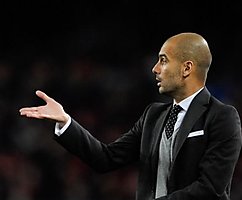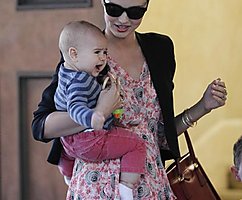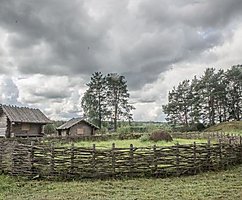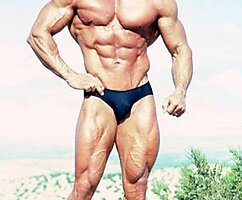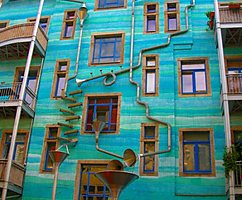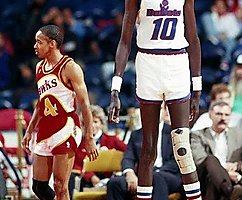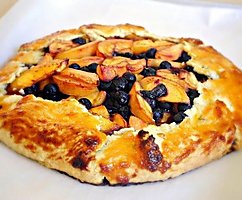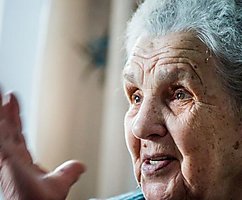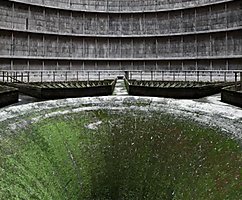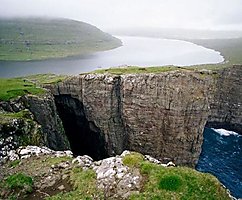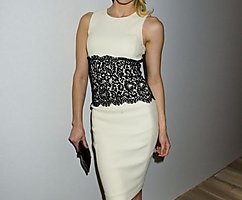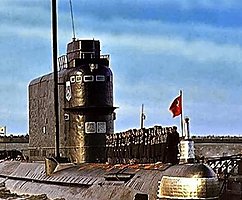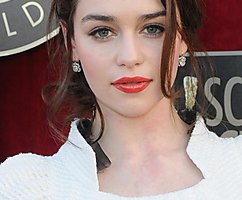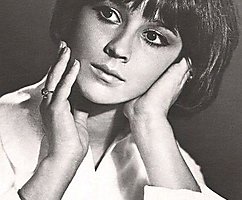Interesting facts about Opera
 Bashny.Net
Bashny.Net
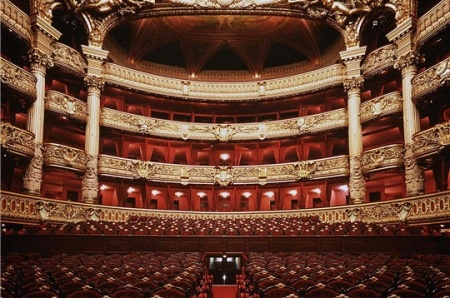
Genre name "Opera" comes from the Latin "opus" or "work". The phrase "soap opera" first appeared in 1939 as a mocking name for daytime entertainment broadcasts, which were sponsored by soap manufacturers.
When the infamous soprano Francesca Kutstsoni refused to sing an aria «Falsa imagine» from the opera "Otto" Handel, the author grabbed her by the waist and vowed to throw it out the window if she does not agree.
In the XVIII century «opera seria» (serious opera), mostly singers had to stand in the third ballet position with bent knees and arc information together heels. One of the ankle in this position should be slightly ahead of the other. They were in this position until the end of the song.
During the 17th century, women were not allowed to sing on stage, even in the choir. Soprano, mezzo and alto castrati performed. The first of the great castrati (castrati) was Baldassarre Ferri (1610-1680). He was so famous that people met him three kilometers from the city and its crew were filled with flowers.
Opera writers sometimes hired a group of people to support their own works or works for exposure obstruction of its competitors. This group was called "claque" and was quite common in European opera performances.
The first presentation of Puccini's "Madame Butterfly" was one of the biggest flops of all time. The audience uttered cries of birds, mooing and sheep bleating goats. However, over time, "Madame Butterfly" has become one of the most famous operas in the history of the genre.
After Pope Innocent 12 (1615-1700) heard about the scandalous behavior of the public at the opera in the Tor di Nona (in one of the districts of Rome), he declared immoral Opera House and ordered to burn it to the ground.
Jean-Baptiste Lully (1632-1687) is considered the founding father of French opera, although he, in fact, was born in Italy. He coined the conductor's "stick", but unfortunately, he hit this "stick" on his own leg, after which he developed gangrene, and she killed the famous composer.
At the premiere of Charles Gounod (1818-1893) "Faust" was not sold enough tickets. Producer distributed tickets for the first three performances to people living outside the city, and announced that all the tickets sold out. Intrigued urban public began to buy tickets, and "Faust" became a hit.
Mozart wrote his first opera, a parody of one of opera Intermezzo at the age of only 12 years.
Beethoven wrote only one opera "Fidelio", which differed a fair amount of humanism. He worked on it over and over again tinkering, for long 11 years. It was staged in 1805, just as deafness plunged him into depression.
After graduating opera men shouting «bravo», and women made to address «brava». If you want to express my admiration for two or three singers, use the plural form of the Italian language, which sounds «bravi».
The origin of the opera is usually credited with the time of dramas. Which put the ancient Greeks, although the Egyptians put their performance Heb-Sed (Feast of the tail) for another 2 millennia before. Heb-Sed evolved in the Passion Plays, which the glorious past of Egypt transposed to music and accompanied by singing.
The earliest surviving opera was staged in Florence in 1600. It was the "Eurydice", written by Jacopo Peri and Ottavio Rinuccio. Shortly after Florence presentation of this opera were successful in Venice, Rome and other major Italian cities.
The first public opera house "San Cassiano" was opened in 1637 in Venice. In this theater by Claudio Monteverdi (1567-1643), who is considered the "father" of modern operas, had shifted representations dialogues with music and singing. Largely due to Monteverdi, Venice became the capital of the opera of the time.
"The Barber of Seville", one of the world's most famous operas, Gioacchino Rossini was written (1792-1868) in record time - in just two weeks.
Enrico Caruso (1873-1921), who, with varying success as the greatest opera singer of all time, was 18 on account of a child of 21, of which children overcome air only three. As a boy, he worked in a machine shop and singing for money on the streets. He was the first opera singer, who did not use dynamic modulation, that is sung almost exclusively forte (loud).
Mozart entered the Society of Freemasons ("free masons") in 1784 and wrote several cantatas for their ceremonies. In "The Magic Flute", he included them the ideals of friendship, wisdom, reverence for nature and sacrifice. Mozart's librettist was also once a Mason. Mozart died just nine days after the premiere of the opera, and it was rumored that he was killed because of the opera revealed some secrets of his society.
After Placido Domingo has played in 30 July 1991 in Vienna on the role of Othello famous Verdi opera of the same name, the hall applauded him as much as 80 minutes, causing it to bow 100 and once. Thus, set a world record for the duration of applause.
The first opera written by a woman, was written in 1625 and was called La liberazione di Ruggiero. Its author was Francesca Caccini (1587-1641).
There were rumors that rival Mozart, Antonio Salieri, confessed to his deliberate murder before his own death in 1825. Rimsky-Korsakov (1844-1908), inspired by the topic, wrote his opera "Mozart and Salieri" in 1897.
Adolf Hitler downright adored opera (and any other) the music of Wagner.
Contralto is the lowest and most rare female voice. They often accrue to the role written for «castrati», formerly known as singers who were castrated before puberty.
Tags
See also
Interesting facts about the famous myths
Interesting facts about pornography
Interesting facts from the shooting
Ten informative and interesting facts
Interesting facts about Antarctica
The most interesting facts about snakes
Interesting facts about dreams
100 facts about New Zealand through the eyes of Russians
25 interesting facts about the Rock Dwayne Johnson
Ten interesting facts about kinship surrounding flora and fauna (10 photos)
